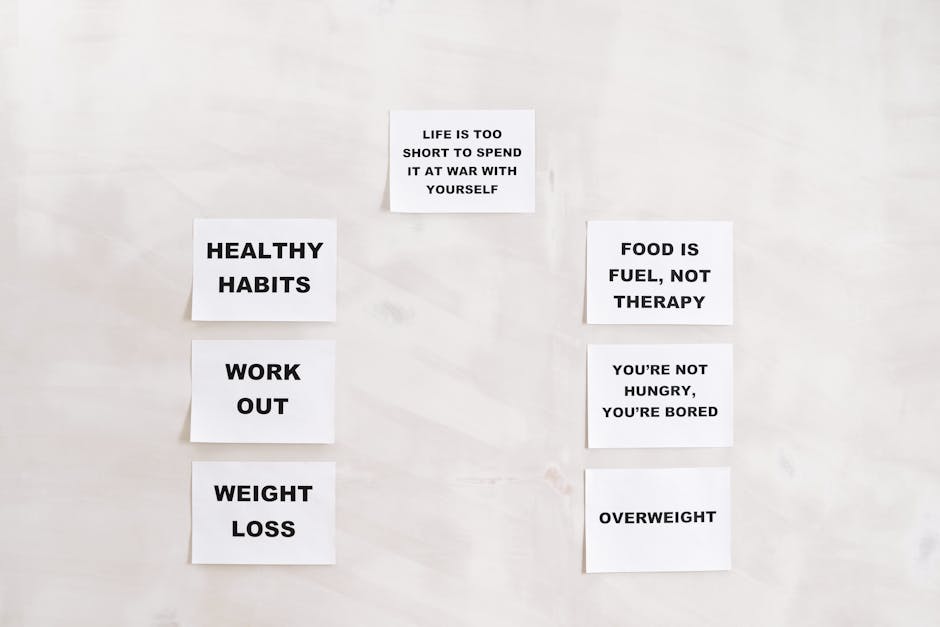Journaling That Actually Sticks
Journaling shouldn’t feel like a chore. The most successful creators often use journaling as a low-pressure way to process their journey, track progress, and stay grounded without overthinking it.
Keep It Simple: Prompts to Kickstart Your Thoughts
If you’re staring at a blank page, start with lightweight prompts that encourage reflection without requiring perfection:
- What felt good about creating today?
- What did I learn from my audience this week?
- What am I avoiding, and why?
- One small win I’m proud of
- What inspired me lately, outside of content?
These types of questions open the door to genuine insights without needing long-winded answers.
Remove the Pressure: No Grade, No Rules
A common trap is treating journaling like a school assignment. You don’t have to write a novel. Some days, one or two sentences are enough. Use whatever format feels natural:
- Bullet points
- Doodles or sketches
- Audio notes
- A voice-to-text app during your coffee break
What matters most is showing up for yourself—not impressing anyone.
Find Your Rhythm: Daily or Weekly?
Consistency matters, but it looks different for everyone. Instead of committing to a rigid schedule, test what works best for your energy and time:
- Daily journaling: Great for building clarity and momentum, especially during launches or tough seasons
- Weekly check-ins: Ideal for creators who need space to reflect without burning out
You can also keep a hybrid system: quick daily check-ins with a deeper weekly review. The goal is sustainability, not perfection.
Journaling should give you energy, not take it away.
Writing isn’t just for people chasing a Pulitzer. It’s a tool for thinking. When you write, you slow down enough to hear what’s actually going on upstairs. Thoughts that feel like a tangled mess start to sort themselves out once they hit the page. You don’t need fancy words or perfect grammar. You just need to get it out.
There’s real science behind this. Studies have shown that writing—especially journaling—lowers stress, boosts mental clarity, and helps people make sense of tough emotions. It’s not just venting; it’s processing. Putting thoughts into words pulls them out of the fog and makes them easier to deal with. That’s powerful.
And here’s the truth: being a “good writer” doesn’t matter. This type of writing isn’t about impressing anyone. It’s about showing up for yourself. Scribble on a napkin, type in your notes app, whatever. What matters is that you’re giving your brain a place to breathe.
Pen and paper or digital notes? Honestly, it doesn’t matter as much as people think. What matters is the habit. Some folks swear by notebooks because the tactile feel slows their thoughts down just enough to get clarity. Others type faster than they think and thrive on apps that sync across devices. It’s not a battle. It’s about what keeps you consistent.
There are a few go-to methods that actually stick: bullet journaling for the structure-lovers, free-writing for anyone needing a brain-dump, and guided prompts when you need a little outside help getting started. All are solid. It’s pick-your-poison.
As for when and where—don’t wait for a quiet morning or the perfect desk setup. That moment may never come. Journal in the car. On your phone while waiting on coffee. Audio record your thoughts on a walk. The ideal setup is the one you’ll actually use.
Tiny rituals matter more than motivation. Whether it’s setting up your camera after breakfast or jotting three bullet points before hitting record, small, repeatable actions beat big intentions. The goal isn’t hype. It’s habit.
Staying consistent doesn’t mean pressure-cooking yourself into daily uploads. It means knowing your own rhythm. Maybe that’s two videos a week. Maybe it’s fifteen minutes of prep a day. Just make it regular and make it flexible. Rigidity kills momentum.
And forget the perfect start. You’re not filming a masterpiece. You’re showing up. Most viewers aren’t looking for flawless—they’re looking for real. Hit record even when it feels clunky. The more you do it, the smoother it gets. Consistency starts with showing up, not starting perfectly.
Burnout Is Real: Strategy Over Hustle
Avoiding burnout is no longer a side note for creators—it’s a primary strategy. As the pressure to constantly create ramps up, so does the importance of intentional recharging and mindful routines.
Daily Practices That Actually Help
The most effective wellness strategies for creators are simple, stackable, and sustainable. Three popular practices—breathwork, meditation, and journaling—are making a real difference because they support both mental clarity and emotional regulation. Used together, they complement each other to create a grounded, repeatable self-care system.
- Breathwork calms the nervous system and prepares the mind for focus.
- Meditation strengthens present-moment awareness and reduces anxiety.
- Journaling helps unpack thoughts, track patterns, and surface creative insights.
Building a short routine using all three can offer clarity before filming, a pause between edits, or a wind-down before sleep. Consistency is more important than duration.
Reclaiming Time Through Tech Boundaries
One of the biggest burnout triggers? Constant connection. Digital noise, algorithm pressure, and 24/7 notifications blur the line between work and rest. Creators thriving in 2024 are setting more intentional tech boundaries, like:
- Scheduling daily screen-free reflection time
- Muting non-essential notifications
- Separating content creation space from relaxation space
Creating space to step back allows creative thinking to return naturally.
Take It Further: A Digital Detox
If you’re feeling overstimulated or uninspired, a full reset might help. A short digital detox—even one day offline—can restore focus and energy. Explore structured techniques to unplug and reset here:
Explore more: Digital Detox Techniques for a Healthier Mind
Journaling isn’t just a feel-good habit. It’s a tool for clarity. When done regularly, it reveals patterns—things like how your mood shifts after certain conversations, or how your thinking spirals in specific situations. These aren’t just diary entries. They’re data points.
By tracking your entries over time, you start to notice cycles. Maybe you get anxious every Sunday night. Maybe your self-talk improves when you’re sleeping well or exercising. The small patterns start drawing a bigger picture. That kind of self-awareness can be powerful. It turns vague emotion into something you can observe and improve.
But journaling isn’t always enough. Sometimes, what shows up on the page—repeated dark thoughts, emotional numbness, or withdrawal—might be a sign it’s time to talk to someone trained to help. If your notebook starts feeling like a warning light instead of a release valve, don’t ignore it. Journaling can get you started, but it’s not meant to replace professional support when things run deep.
Journaling is not a performance. It’s your space, your thoughts, your pace. Don’t waste time comparing your pages to someone else’s highlight reel. Some days it’s a list of groceries and scattered ideas. Other days it’s a full-blown reflection. Both count.
What makes journaling powerful is how little you need to start—just paper, a pen, and a few quiet minutes. It costs nothing, asks for little, and pays back in clarity and momentum. No special tools, no complex systems.
Start messy. Stay honest. Keep going. There’s no wrong way to do it. The value comes from showing up, not from writing beautifully or being profound on command. Most of it won’t be Instagram-worthy. That’s the point.



